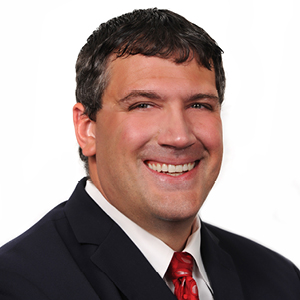Delay in DSH cuts means no need to rush on Medicaid
Apr 16, 2013
This week, the Ohio House of Representatives is poised to pass its version of the biennial budget. While the bill looks much different than the blueprint originally introduced by Governor Kasich, and now includes changes to his tax reform and education funding plans, the biggest change involves Medicaid. The Ohio House stripped the expansion from a substitute version of the bill that was introduced last week.
While special interest groups favoring expansion have argued that federal cuts to uncompensated care make it essential that Ohio expand Medicaid in this budget cycle, the Obama Administration, ironically, has given everyone a good reason to take a deep breath and focus on making good public policy. As the Heritage Foundation’s Nina Owcharenko states on National Review’s Corner blog,
Tucked away in the president’s latest budget was a recommendation to delay scheduled cuts in payments to hospitals that treat large numbers of the uninsured patients and therefore provide a disproportionate amount of uncompensated care. The cuts in Disproportionate Share Hospital (DSH) payments were enacted under Obamacare, and the call to postpone them constitutes another admission that Obamacare’s grand plans and promises are falling short. More important, it provides another reason for states not to undertake the Medicaid expansion encouraged by Obamacare.
Furthermore, the expansion proponents claim that the DSH cuts made the expansion absolutely essential to prevent some hospitals from having to close down seems a bit hyperbolic given a recent report by Jason Hart of Media Trackers Ohio:
Contrary to Ohio Hospital Association (OHA) claims that the Ohio General Assembly must expand Medicaid to fund care for the poor, most of the hospital lobby’s members would have recorded positive net income in 2011 even with no charity care offsets.
The decision to expand Medicaid would likely be irreversible—both for legal and political reasons. Even if the federal government changes the rates, Ohio likely would be trapped in the program. The decision to expand is therefore not one that should be made in haste. The Obama administration’s recommendation to delay DSH cuts removes an argument that had been made in a rush to judgment, allowing Ohio policymakers to take more time to look at all of their options without having a “Sword of Damocles” hanging over their heads.

